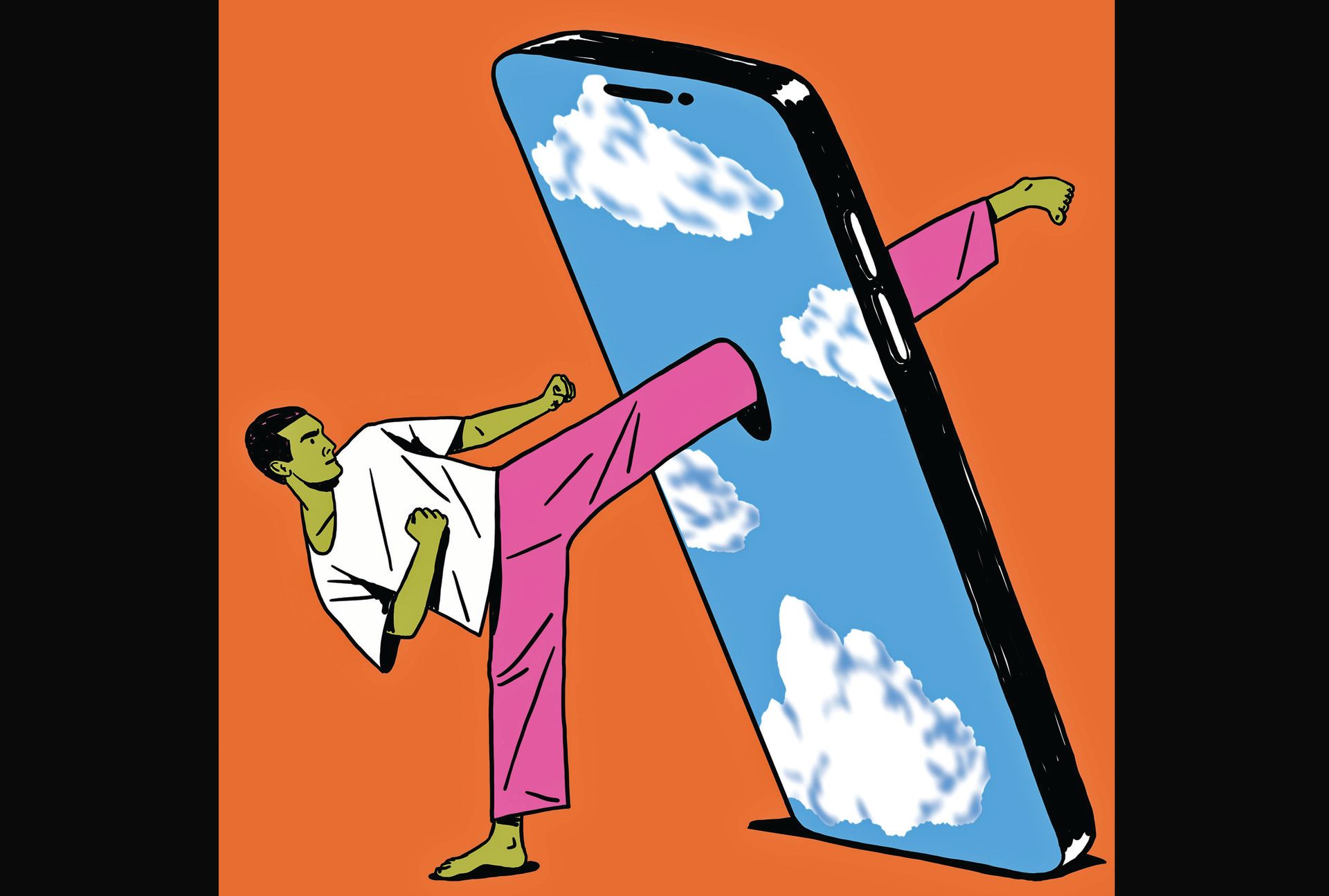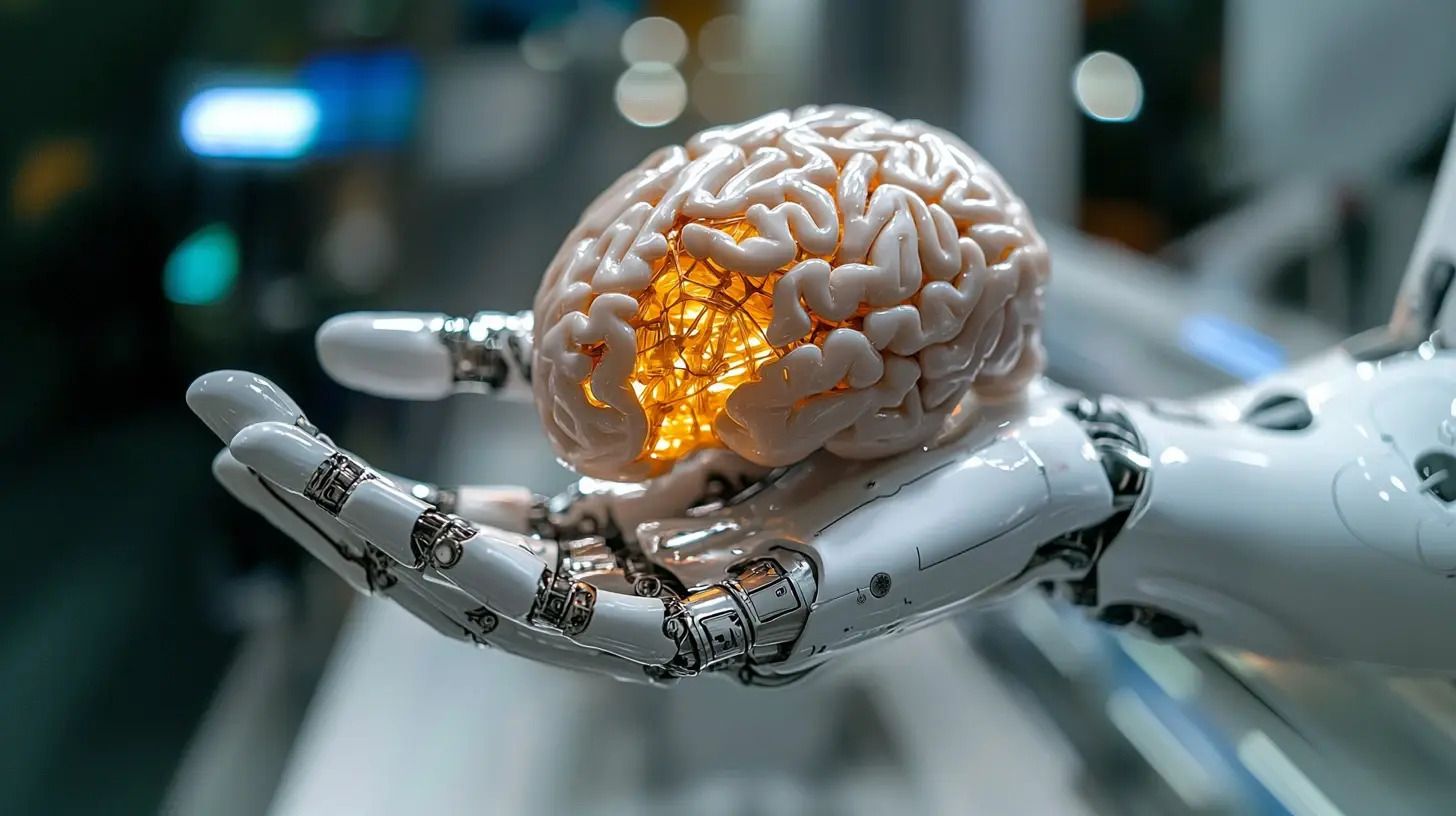- TECHSWU
- Posts
- TECHSWU
TECHSWU


In an eye-opening opinion piece, Congressman Jake Auchincloss warns against the societal dangers posed by "digital dopamine," the addictive allure of online platforms designed to hijack our brain’s reward systems. He argues that corporations are programming our children’s minds to chase instant gratification through social media, gambling, and other online distractions, leaving behind the deeper meaning found in real-life interactions.
Auchincloss calls for urgent reforms—regulating tech companies much like pharmaceuticals to protect users, especially vulnerable youth. Additionally, he advocates for rebuilding a society that prioritizes hands-on skills and meaningful work, urging investments in trade schools and innovation in tough tech fields.
By fostering a culture of improvement and actively restructuring the economy, the congressman envisions a future where in-person efforts triumph over digital distractions. It's time to reclaim our lives from corporate interests and strive for something genuinely fulfilling.


In recent health tech news, Strive has successfully raised $550 million to enhance tech-powered kidney care, highlighting a significant shift towards innovative healthcare solutions. Meanwhile, Apple enthusiasts eagerly anticipate exciting health tech reveals at the annual keynote event in Cupertino, where CEO Tim Cook is expected to spotlight fresh advancements in health technology alongside new devices.
Additionally, Eli Lilly has opened the doors for small biotech firms to utilize its AI models at no cost, fostering collaboration and innovation in the industry. With breakthroughs in gene therapies and FDA-backed trials for pig kidneys, the landscape of health tech is rapidly evolving, promising new hope and solutions for patients.

In a world where technology constantly surrounds us, it’s subtly shaping how we remember things! From smartphone reminders alleviating our fear of forgetting crucial tasks to GPS replacements for our spatial memory, technology offers a double-edged sword for our brainpower. Educational apps utilize cutting-edge techniques like spaced repetition and gamification, transforming study sessions into engaging experiences.
Meanwhile, Virtual Reality (VR) takes learning to the next level, immersing users in captivating environments that enhance memory retention. Lastly, AI-driven mindfulness apps personalize stress-reduction techniques based on your real-time biometrics, creating a clearer mental space for better focus.
While dependence on technology can be risky, understanding how to leverage these digital tools can optimize memory retention and improve daily life.

Get ready to dive back into the digital universe with "Tron: Ares," the thrilling sequel to the iconic 1982 film! The newly released trailer takes us on a captivating journey that unpacks the perils of artificial intelligence and its rapid evolution. Set against a backdrop of stunning visuals, "Tron: Ares" promises to explore the complex relationship between humanity and technology as A.
I. pushes boundaries and transforms our world.
With a blend of nostalgia and cutting-edge storytelling, this sequel aims to spark conversations about the implications of our technological advancements. Are we ready for what A.
I.

In an insightful share on X (formerly Twitter), Elon Musk highlights a video by Scott Adams, the creator of Dilbert, tackling the psychology of laziness and how to combat it. Adams argues that laziness arises from our mindset, not a lack of discipline.
By shifting focus from the effort of tasks to the rewards they promise, individuals can ignite their motivation naturally. The key lies in understanding dopamine's role in actions—Adams emphasizes that envisioning positive outcomes can spur productivity.
He draws relatable examples, like the joy of a meal or the fulfillment of parenting, to illustrate how changing our thinking patterns can lead to actionable motivation. This approach resonates with Musk's own productivity philosophy, advocating for a vision-driven mindset.
Together, they offer a refreshing perspective on overcoming procrastination—suggesting that by concentrating on rewards, we can foster daily productivity and success.

The buzz surrounding the upcoming Apple Watch Series 11 is palpable as Apple prepares to unveil new products at its “Awe Dropping” event. This update seems to be an evolution rather than a revolution, targeting those looking to upgrade rather than Series 10 or 9 users.
Expect a new S11 processor, promising enhanced speed, although it may not outpace the Series 10. Most excitingly, the Series 11 is rumored to finally support 5G connectivity, enabling lightning-fast downloads and calls.
Additionally, there’s speculation about the introduction of a blood pressure monitor—an intriguing feature that could monitor hypertension, although its release is uncertain due to engineering hurdles. Alongside the Series 11, we can anticipate a refreshed third-generation Apple Watch SE, poised to sport an S11 chip and potentially larger display options.

A worrying trend is emerging as employees continue to share sensitive information with public AI tools, often without realizing the long-term implications. A recent Kiteworks report reveals that a staggering 83% of organizations lack adequate safeguards to prevent these data breaches.
While only 17% have technology to block uploads or scan content, many rely solely on employee training—which is proving insufficient. With the rapid pace of AI regulation, companies face increasing compliance risks, particularly with laws like GDPR and HIPAA that require stringent data oversight.
Alarmingly, a significant gap exists between executive confidence in AI governance and actual implementation, leaving organizations vulnerable. To tackle these issues, Chief Information Security Officers (CISOs) must prioritize technical controls to manage data flows and enhance compliance mechanisms.
As the landscape evolves, the imperative to safeguard sensitive information has never been clearer—once data is in the AI system, it’s challenging to retrieve.